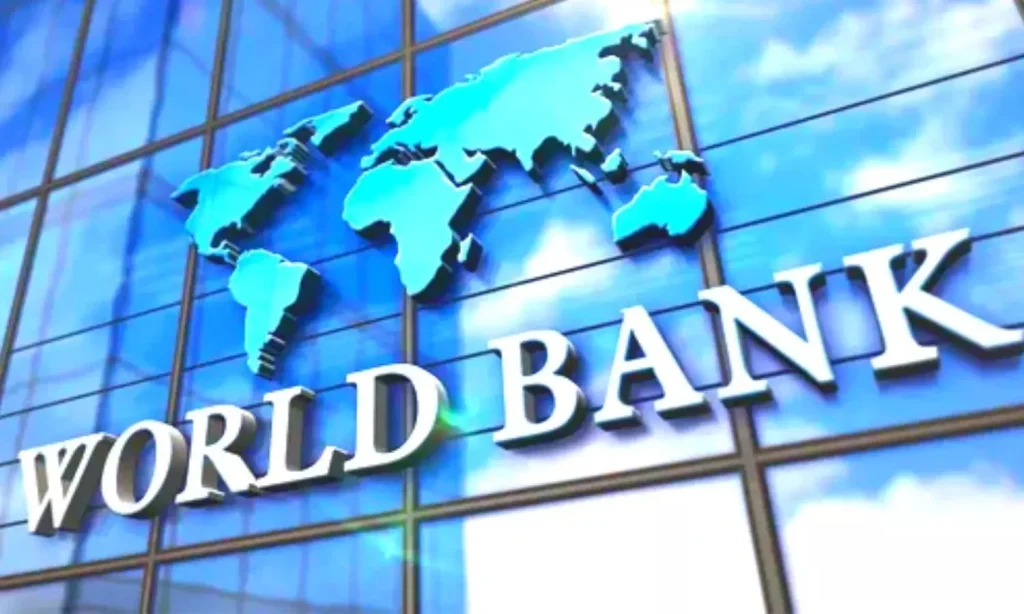The World Bank has sounded the alarm on a worsening debt crisis gripping low-income countries, predicting a deepening financial strain that threatens economic stability. David Malpass, World Bank Group President, highlighted that 60% of these nations are already in debt distress or at high risk, underscoring the urgent need for global action to address this growing challenge.
Defining Vulnerable Economies
Low-income countries, as classified by the World Bank, have a gross national income (GNI) per capita of $1,045 or less. This group includes nations like The Gambia, Mali, Uganda, Togo, Liberia, Burundi, Ethiopia, Guinea, Somalia, Madagascar, and Chad. These countries face severe financial constraints, with high debt levels limiting investments in critical areas such as healthcare, education, and infrastructure. The burden of servicing these debts often exacerbates poverty and hinders sustainable development, leaving populations vulnerable to economic shocks (‽web:0,2).
Debt and Inflation as Global Threats
Speaking at a World Bank and International Monetary Fund (IMF) media roundtable, Malpass identified debt and inflation as major obstacles to global economic growth. He noted that soaring debt and fiscal deficits are placing immense pressure on low-income nations, with 60% at risk of distress. To mitigate this, Malpass proposed reforms to the Common Framework for debt restructuring, including clear timelines for forming creditors’ committees, suspending debt service payments and penalty interest, expanding eligibility criteria, simplifying enforcement rules, and engaging commercial creditors early. These steps aim to provide relief and prevent further economic deterioration in vulnerable nations (‽web:0).
Inflation’s Impact and Policy Solutions
Malpass also highlighted the strain of inflation, which disproportionately affects low-income countries reliant on imports and volatile markets. He urged governments and private sectors to focus on policies that enhance supply rather than solely boosting demand. Central banks should utilize a broader range of tools beyond interest rate hikes, which can widen inequality by concentrating wealth in narrow segments. By reallocating capital to increase production, nations can stabilize currencies, curb inflation, and promote equitable growth. Malpass emphasized the need to reduce reliance on fragile global supply chains, which exacerbate price volatility and economic instability (‽web:0,2).
Urgent Need for Collective Action
The World Bank’s warning calls for immediate, coordinated efforts to address the debt crisis and its ripple effects. With inflation compounding financial pressures, low-income countries risk further marginalization without sustained support. Reforms to the Common Framework and strategic policy adjustments are critical to fostering stability and unlocking the economic potential of these nations, ensuring a path toward inclusive development.






